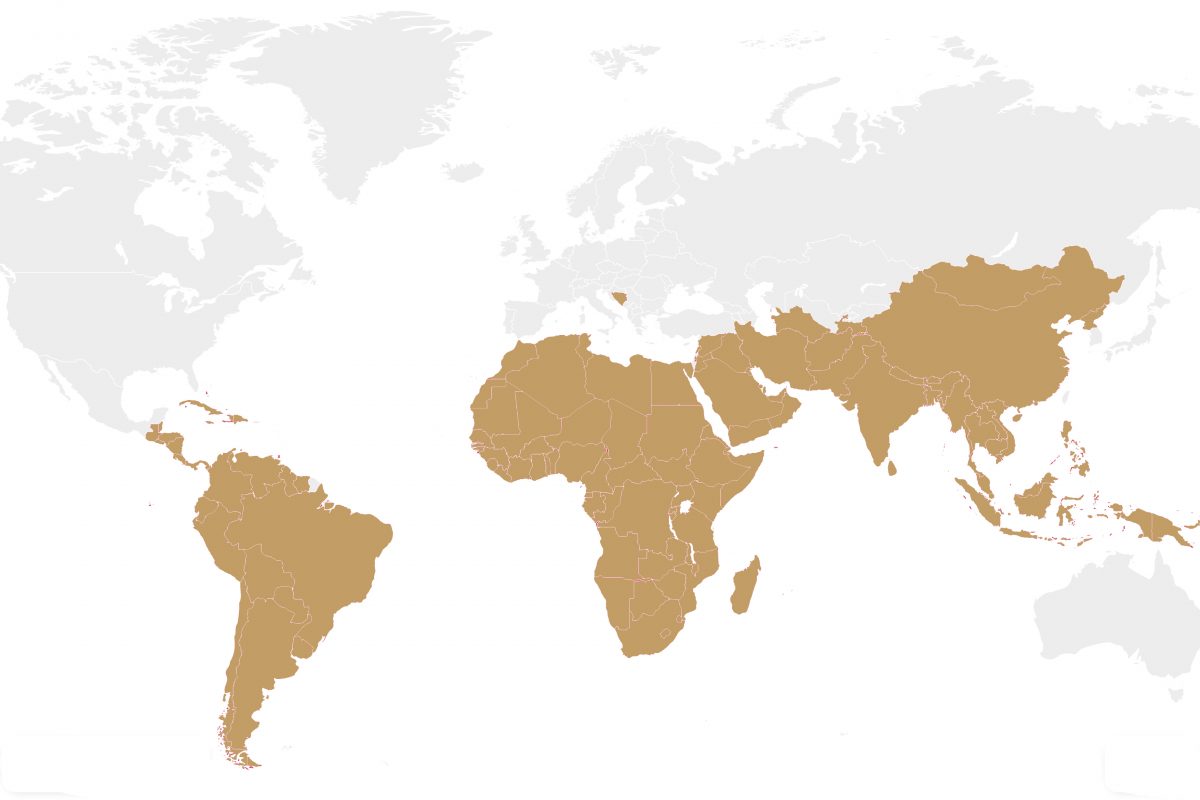At the recent G20 summit in Russia a senior spokesman for Putin was reported to have told Russian journalists in a briefing that Britain was “a small island no one listens to.”[1] British Prime minster David Cameron was forced to respond: “Britain may be a small island, but I would challenge anyone to find a country with a prouder history, a bigger heart or greater resilience.”[2] Britain has managed to maintain some semblance of its former British Empire; however, it continues to only play a weakening hand in global issues which can be seen from 4 areas.
Firstly, whilst Britain carved up the Middle East with France after WW1, WW2 consumed Britain to such an extent it was replaced by both the Soviet Union and the US. It was the US, however, who had its sights set on British imperial assets across the globe. The US abandoned its isolation by declaring the Middle East as “a stupendous source of strategic power, and one of the greatest material prizes in world history,”[3] setting in motion an intense Anglo-American struggle. Post WW1, the US has supported various authoritarian regimes in the Middle East such as Nasser’s to challenge Britain’s post-WW1 architecture. The British backed King Farooq of Egypt was overthrown in a military coup by the Gamal Abdul Nasser, who was later revealed to have been a US agent by a CIA operative Miles Copeland. Similarly, in Syria both Britain and the US battled for control by backing different officers and politicians to counter the influence of each other – this led to coups and counter coups. By 1971 when Hafiz al-Assad emerged as the ruler, British influence was completely removed from Syria. Ever since, Syria and Egypt have played a central role in the region in protecting US interests.
Secondly, after WW2, Britain’s influence over its Middle Eastern colonies diminished increasingly. It has, ever since, played a weakened hand in global affairs. Unable to stand against the US, Britain decided to join the US in international issues in an attempt to complicate, divert and alter US plans – this was the most it could achieve. Britain opted into international organizations such as the UN, NATO and the EU in order to use these institutions to manipulate US strategy. Unable to challenge the US on its own, Britain continued to use coalitions to achieve its ambitions. In Libya it joined France and the US to remove Gaddafi, in Iraq it joined the US and in Africa it currently works alongside France. On the issue of Iran, Sudan and Lebanon, Britain stands against the US and has worked with France to achieve its interests, whilst on the two state solution for Palestine and North Korea, Britain has worked with the US in order to complicate, alter and divert the US agenda. Despite possessing global ambitions, Britain economic and defence capabilities constrain such ambitions.
Thirdly, colonising countries for their resources and using them as export markets drove the British economy. However, food rationing for a decade after WW2 left the country reeling and by the 1990’s it had abandoned its manufacturing sector through mass privatisation in favour of services, as it was unable to compete with emerging economies such as unified Germany and Japan. Today, Finance dominates Britain’s economy and manufacturing is dominated by food processing. While it is among a few of the global trillion dollar economies, it has lost a generation of engineers and specialists in industry as it restructured its economy away from industry and towards services. This has resulted in Britain being unable to lead an independent and unilateral foreign policy as it physically cannot do it alone.
Fourthly, Britain’s economic and political decline after WW2 was reflected by the militaries declining global role. Its protracted decline was dramatically epitomised by its defeat during the Suez Canal crisis in 1956. Unable to fund a large military industry, in every decade after WW2, successive British governments have reduced the defence budget and the size of the military, severely affecting the role Britain can play around the world. At present, Britain’s military industry is dominated by a single platform manufacturer – BAE Systems, who manufactures civil and defence aerospace, land and marine equipment. Only the Type 45 destroyer is built entirely by British engineers, all other heavy military equipment is either imported from overseas or developed with partners. Very few military systems are indigenously constructed by Britain. Its nuclear deterrent has never been independent. The US supplied the missiles and associated strategic weapon systems equipment and a number of warhead-related components. It completely relies on a small Submarine fleet, just barely large enough to sustain a continually patrolling presence nuclear deterrent around British shores.
There can be no doubt that the Britain of the 21st century is nothing like its former self. Its global outlook is based upon protecting the array of interests it has. This can be summarized as Britain complicating, altering and diverting the plans of other powers. This is how Britain keeps itself relevant. Due to its economic and military reality, it has no propensity to achieve anything more. Britain can modify the plans of other world powers to the extent that it has a say in major global affairs. This is why the US very rarely enters into conflicts on its own, as it builds coalitions usually with Britain – as was seen in Iraq. It has the strategic advantage given its place alongside the world’s superpower. This dual, sometimes contradictory approach is how Britain keeps itself relevant in international politics. This is what Britain has resigned its role to in international politics; it no longer has the ability to achieve anything more substantial. Britain plays its weakening hand with impressive political skill, however, this country is incapable of becoming the once world superpower it used to be.
[3] Report by the Coordinating Committee of the Department of State, “Draft Memorandum to President Truman,” Foreign Relations of the United States, Diplomatic Papers, The Near East and Africa, Vol. 8, 1945, page 45. http://thepeoplesbookproject.com/2012/03/02/the-u-s-strategy-to-control-middle-eastern-oil-one-of-the-greatest-material-prizes-in-world-history/




